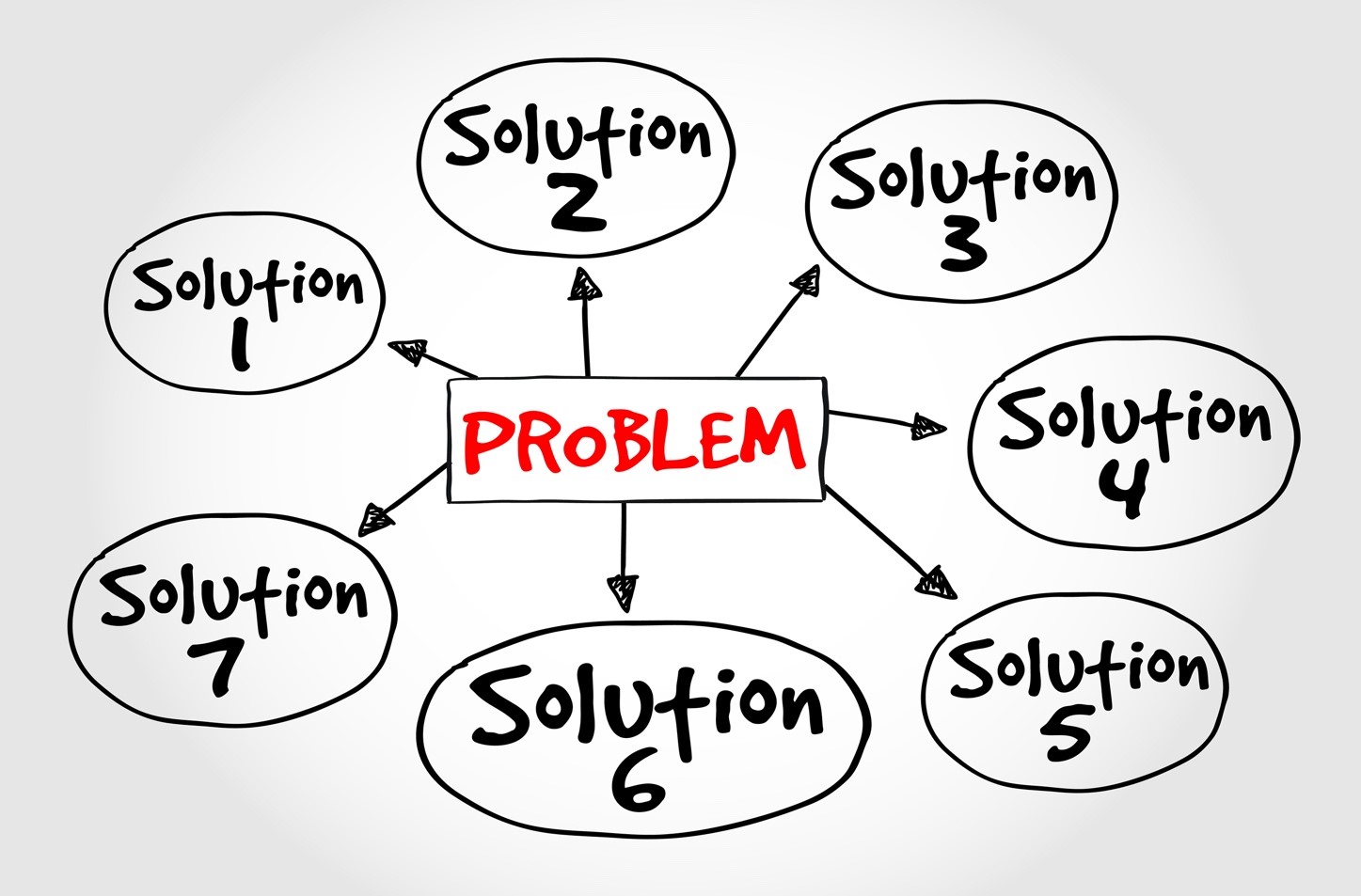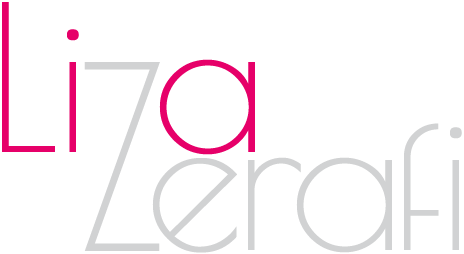How To Fix Your Problems in Three Short Steps ?

In this post, I am going to share three simple ways to break out of victimhood, stop procrastinating, and finally act on your dreams so that you can be happier, more content, and more successful, if you so wish.
These three helpful measures are based on the advice of Boris Cyrulnik, an acclaimed neuropsychiatrist who has written scores of books in this area.
When facing tough times, our first impulse is to blame someone else: “He is the reason it happened the way it did”, “They are the reason I am in this situation”, “The world is to blame”, “It’s because of a million and one things”. You could find a host of possible culprits to blame it on. But in the end, what does that accomplish? Nothing. You keep yourself in low spirits, and when you feel low, you attract negative experiences.
The first step is really to stop putting the blame on others or your circumstances. You can acknowledge that something has gone wrong at some point, but that does not mean that you should keep your anger, sadness, feelings of injustice bottled up inside — instead, you should release them in other ways. This is referred to in psychology as an outlet. There are many ways to unblock your emotions: writing, music, sports, running into the woods and screaming your lungs out, having a boxing match with a cushion. Jacques Salomé said: “When we do not say it plain, we suffer the pain”. It means that if you do not express your aches and pains, they will take root inside you.
Never take these feelings out on people, but rather channel them through other means. Then you might discuss with the people who may have disrespected how they have overstepped your boundaries. This way, you would be respecting both yourself and the other person.
The second step is to make yourself feel guilty about what you are experiencing: what you are experiencing, what you did, what you did not do, what you could have done. Stop blaming yourself because when you blame yourself in the same way as the first step which was to blame people, you maintain the problem, you maintain the toxic situation, you maintain a low energy. Things are done, the situation is over now. Come back to yourself, give yourself a lot of love.
There is an exercise that I love that is part of EFT, Emotional Freedom Technique. Gary Craig, when he invented EFT, identified 12 main points where traumas or difficult situations are stored in the body. The karate point is the point where we start EFT, it’s the point that karatekas use to break bricks.
So, when you feel guilty, take the karate point — the edge of the hand — and tap on it with the opposite hand and say, “Even though this happened, even though I’m having this experience right now, I love and accept myself completely and deeply.
Why? Because self-love is the most important thing today, we keep talking about it in personal development. I really invite you to do this. I combine this practice with hypnosis, with coaching with my clients, and even on myself when I encounter difficult situations.
The first thing you need to stop doing is blaming others and perpetuating the problem. The second step you must take is to stop feeling guilty, as that also keeps you from dealing with the issues at hand.
The solution is to focus your attention on what you are doing right. When you encounter such difficult, uncomfortable, even unbearable situations, what are the solutions available to you? What resources could you draw from and if they are not available, what could help you face the situation instead? When something goes awry, focus on the solutions and not on the problem itself, take stock of the situation, the challenges, the things that upset you, and do what you need to do to deal with it. Do what it takes to release your emotions through the different outlets I have introduced to you here. Then concentrate all your energy on resolving the issue, on finding the necessary resources: how can you move forward? How can you experience more love than fear?
It is important to know that emotions form a continuum: on one end of the continuum there is fear and on the other there is love. When you are angry with others, when you feel guilty, you gravitate towards fear. When you disengage, when you free yourself from these feelings, give yourself time to mourn, you move towards the other side of the continuum, towards love, joy, excitement, serenity, contemplation, compassion, generosity. Self-care is essential.
Apply these three principles, and you will be able to work your way towards happiness, joy, your goals, your ambitions, your dreams, whatever they may be. Never forget that our dreams are meant to be fulfilled and when we give ourselves the necessary means, we can succeed in doing that.

I am a Brussels-based certified life coach here to advise and help clients, especially business owners and managers, in both personal and professional matters.
Click here for testimonials from clients whose lives were transformed by coaching.



